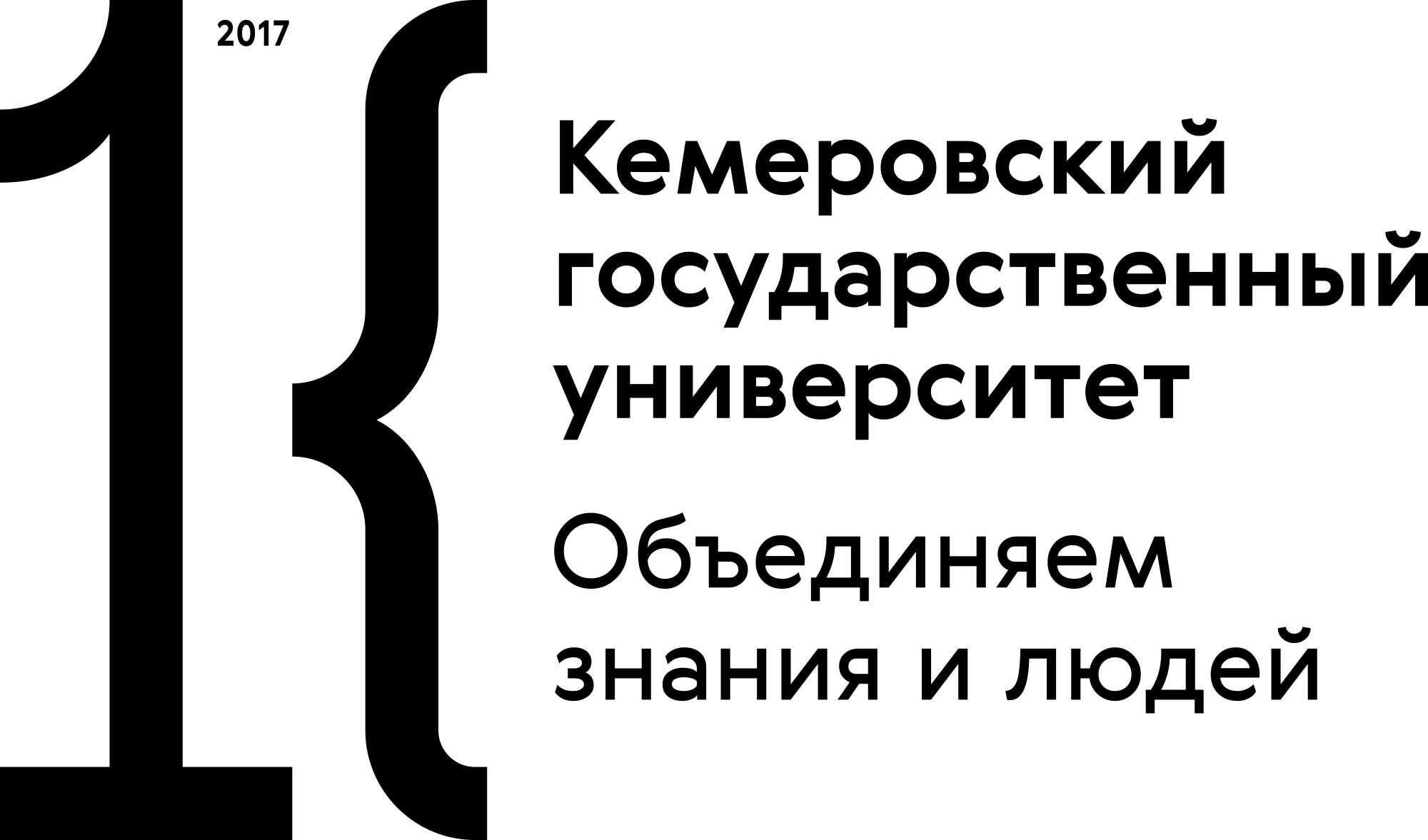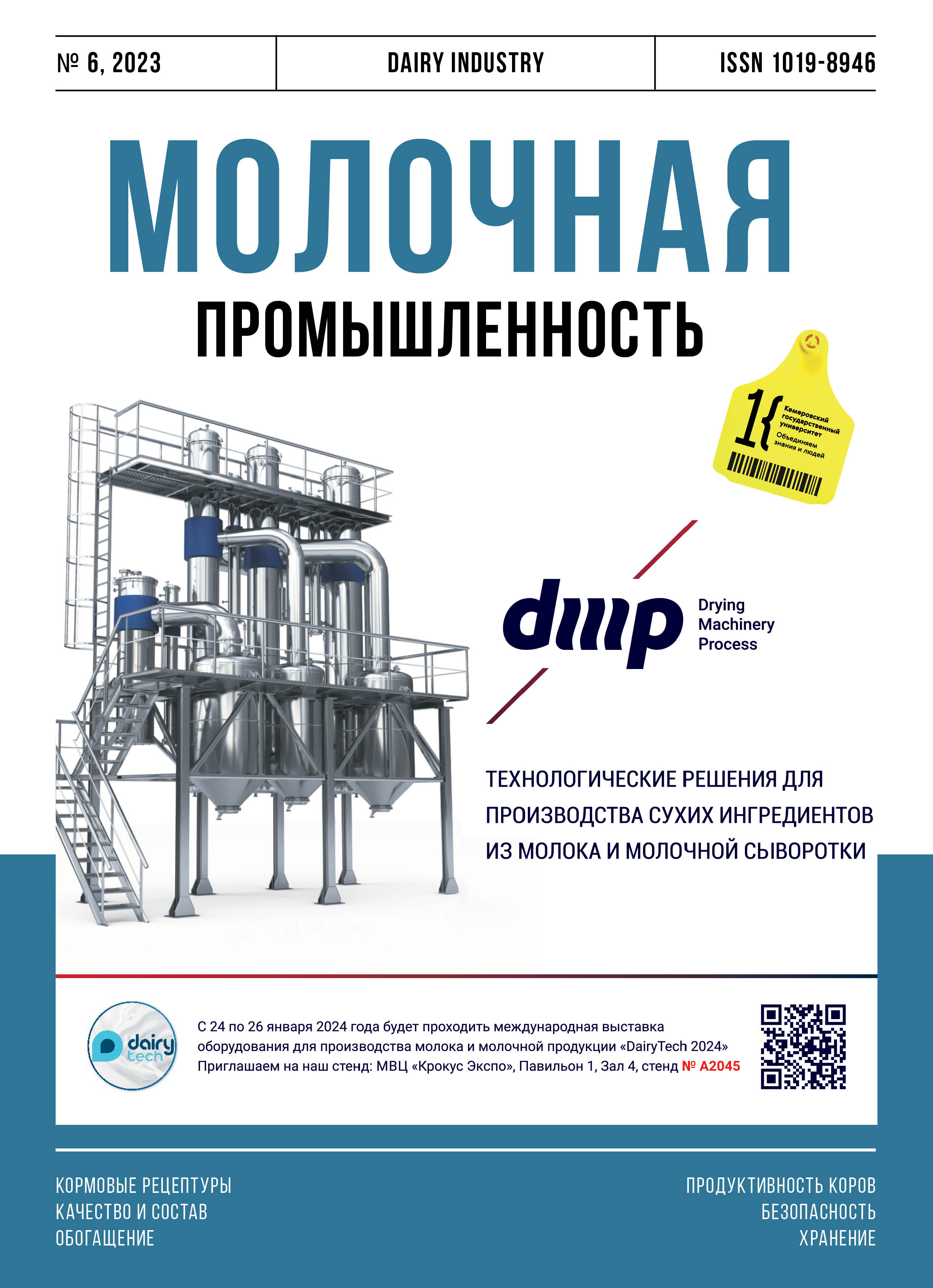Russian Federation
Russian Federation
One of the ways to solve the problem of low storability of raw milk is the use of frozen milk concentrates. A comprehensive understanding of the impact of negative temperatures on the stability and properties of dairy systems during long-term storage and further processing is necessary to assess the potential of their use. The effect of long-term low-temperature storage on the organoleptic, physico-chemical and technological properties of concentrated model milk systems has been studied. Stability of milk systems samples was kept for 3 months, further significant stratification of consistence and formation of protein flakes were registered. Mass fractions of protein, fat, lactose, as well as titratable and active acidity did not change significantly. On the alcohol and heat samples significant changes were noted only after 6 months of storage. Based on the data obtained, the duration of storage after freezing milk systems should not exceed 3 months.
concentrated milk, freezing, low temperature storage
1. Kruchinin, A. G. K voprosu vliyaniya zamorazhivaniya na tehnologicheskie svoystva moloka / A. G. Kruchinin [i dr.]// Vestnik Mezhdunarodnoy akademii holoda. 2020. № 3. S. 58-63.
2. Mirovoy rynok: molochnaya produkciya [Elektronnyy resurs]. URL: https://aemcx.ru/wp-content / uploads / 2022 / 02 / Mirovoy rynok molochnaya produkciya yanvar' 22.pdf
3. Moloko koncentrirovannoe zamorozhennoe [Elektronnyy resurs]. URL: https://agroserver.ru/b/molokokontsentrirovannoe-zamorozhennoe-1191085.htm.
4. Dalvi-Isfahan, M. Review on identification, underlying mechanisms and evaluation of freezing damage / M. Dalvi-Isfahan [et al.]// Journal of Food Engineering. 2019. № 555. R. 50-60. DOI: https://doi.org /10.1016 / j. jfoodeng.2019.03.011.
5. Bronfenbrener, L. Kinetic approach to modeling the freezing porous media: application to the food freezing / L. Bronfenbrener, M. A. Rabeea // Chemical Engineering and Processing:Process Intensification. 2015. №. 87. R. 110-123. DOI: https:// doi.org/10.1016 / j.cep.2014.11.008.
6. Afanas'eva, A. A. Osnovnye problemy na puti ispol'zovaniya zamorozhennyh slivok dlya proizvodstva slivochnogo masla / A. A. Afanas'eva, E. V. Topnikova, N. V. Ivanova// Vse o myase. 2020. № 5S. S. 44-45. DOI: https://doi.org / 10.21323 / 2071-2499-2020-5S-44-45.
7. Turovskaya, S. N. Issledovanie svoystv zamorozhennogo moloka / S. N. Turovskaya [i dr.]// Molochnaya promyshlennost'. 2021. № 2. S. 32-35. DOI: https://doi.org / 10.31515 / 1019-8946-2021-02-32-34.
8. Afanas'eva, A. A. Vliyanie zamorazhivaniya, nizkotemperaturnogo hraneniya i defrostacii na kachestvo slivok / A. A. Afanas'eva// Pischevye sistemy. 2021. № 3S. S. 12-16. DOI: https://doi.org / 10.21323 / 2618-9771-2021-4-3S-12-16.
9. Saito, Z. Studies on frozen milk: Frozen storage of whole milk, homogenized milk, skim milk and their concentrates / Z. Saito, R. Niki, Y. Hashimoto// Journal of the Faculty of the Agricultural Hokkaido University. 1963. V. 53. №. 2. P. 200-227.
10. De la Fluente, M. A. Changes in the mineral balance of milk submitted to technological treatments / M. A. De la Fluente// Trends in Food Science & Technology. 1998. V. 9. № 7. P. 281-288.
11. Gaber, S. M. Effect of freezing temperatures and time on mineral balance, particle size, rennet and acid coagulation of casein concentrates produced by microfiltration / S. M. Gaber [et al.]// International Dairy Journal. 2020. V. 101. P. 104563.DOI: https://doi.org / 10.1016 / j.idairyj.2019.104563.
12. Tolmachev, V. A. Vliyanie nizkotemperaturnogo hraneniya na molochnye koncentraty / V. A. Tolmachev, A. E. Ryabova// Molodye issledovateli agropromyshlennogo i lesnogo kompleksov - regionam. - Vologda-Molochnoe: Vologodskaya gosudarstvennaya molochnohozyaystvennaya akademiya im. N. V. Vereschagina. 2022. S. 142-146.





